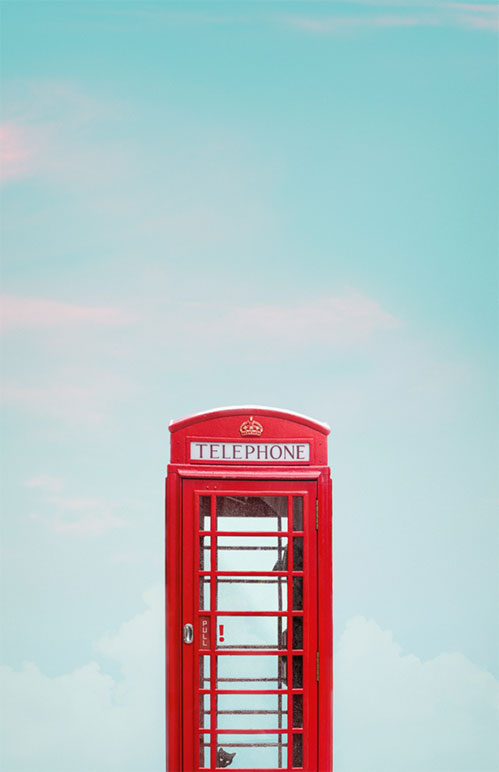
President Joe Biden’s administration announced plans to remove Cuba from the U.S. list of state sponsors of terrorism, just days before President-elect Donald Trump is set to take office.
“The review is complete, and we have no evidence that Cuba is a state sponsor of terrorism,” the Biden administration stated on January 14.
The U.S. will also revoke a 2017 order by then-President Trump that restricted financial transactions with certain Cuban entities tied to the military and government.
“This agreement was negotiated with assistance from the Catholic Church to secure the release of individuals detained in Cuba,” a White House official said. The Cuban government welcomed the move, though tempered its response with a reminder of the ongoing U.S. embargo.
“The U.S. is taking a step in the right direction, but the embargo imposed on our country remains,” said Cuban Foreign Minister Bruno Rodriguez, referring to the sanctions Washington has enforced against Havana since 1962.
Cuban President Miguel Diaz-Canel also announced that the country would gradually release 553 prisoners, following discussions with Pope Francis. “This decision reflects the humanitarian nature of Cuba’s judicial system,” the Cuban Ministry of Foreign Affairs stated, without confirming a direct connection to the U.S. announcement.
Cuban officials reported that about 500 individuals were sentenced to up to 25 years in prison for crimes such as vandalism and inciting unrest during the 2021 protests.
Timing and Context
The Biden administration’s decision to remove Cuba from the terrorism list comes just days before Trump’s inauguration. The president-elect has not commented on the matter.
A U.S. official said Biden’s team had communicated with Trump’s incoming administration about the decision. In a letter to Congress, Biden described the move as “necessary for the national interest of the United States.”
The U.S. severed diplomatic ties with Cuba on January 3, 1961, following the Cuban Revolution. Relations thawed under President Barack Obama, who restored diplomatic ties with Havana and removed Cuba from the terrorism list in 2015.
However, President Trump reversed many of Obama’s policies, tightening restrictions on Cuba after taking office in January 2017. In June 2019, Trump’s administration imposed stricter travel restrictions and banned certain types of tourism, including group educational trips and private vessels visiting Cuba. In January 2021, just before leaving office, Trump returned Cuba to the terrorism list.
Recent U.S.-Cuba Relations
In 2022, the Biden administration eased some restrictions on travel and remittances to Cuba, reversing parts of Trump’s policies. Cuban Foreign Minister Rodriguez at the time called it “a small step in the right direction.”
While Biden’s move to delist Cuba marks another effort to ease tensions, it does not lift the longstanding embargo, which remains a central point of contention between the two nations.
(Reported by AFP, Reuters)
Hello Shuttle will strive to bring the latest updates. At the end of the day.
Are you looking for reliable airport and cruise port transfer services in Los Angeles?
We offer professional, safe, and punctual transportation from
Los Angeles Airport - LAX
Long Beach Airport - LGB
John Wayne Airport - SNA
San Pedro cruise port
Long Beach cruise port
Disneyland
and other destinations.
Let us make your journey stress-free and comfortable with our dedicated drivers and high-quality vehicles. Book now for the perfect travel experience at www.helloshuttle.com or call 944-800-5678!


